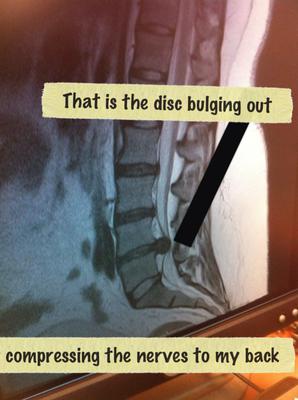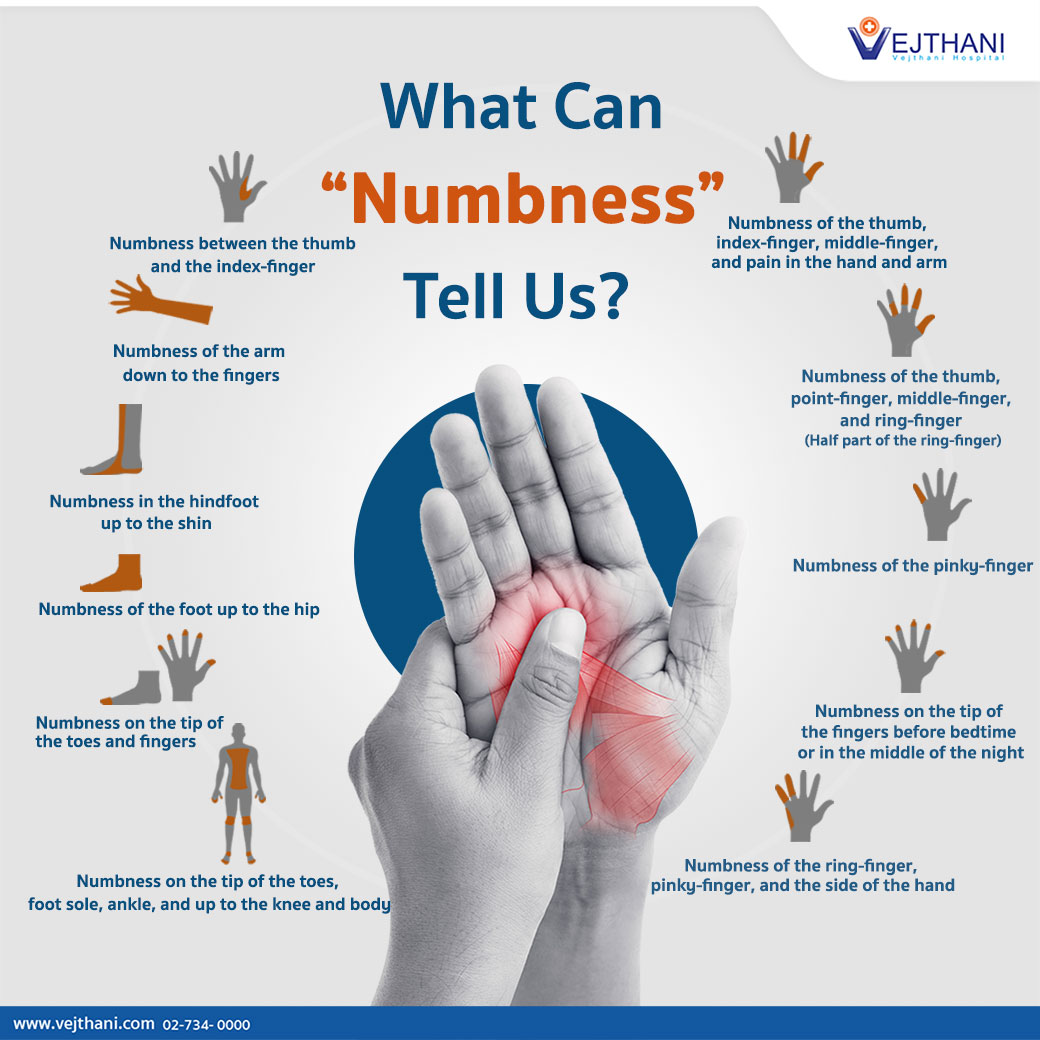


Read: Is Nutritional Yeast Keto Friendly?.I like to season my eggs with nutritional yeast or even mix some in kefir for a meal packed with B Vitamins. If you’re unfamiliar with nutritional yeast, it can easily be used as a seasoning or mixed in foods. Dark, leafy vegetables (which are also good sources of potassium)Īnother great way to get in B Vitamins is by using nutritional yeast.Eggs and dairy products (especially kefir).To help combat this, you can either take a B Vitamin supplement or make sure to each keto-friendly foods that are rich in B Vitamins.ī Vitamins can be found in foods such as: In fact, patients who were in the beginning phases of thiamine deficiency already began to experience paresthesia. Paresthesia can be described as an abnormal tingling or prickling (pins and needles) sensation.

Vitamin B1 deficiency especially may lead to what is known as paresthesia. While it’s hard to pinpoint the exact vitamins you may be deficient in without a blood test, most people who report tingling or numbness end up being deficient in Vitamin D3 and various B Vitamins, especially B1: My second best choice goes to Keto Vitals Electrolyte Powder ( Check current prices here)Īnother major cause for tingling hands and limbs on keto is a lack of specific vitamins.My first choice is Perfect Keto Daily Electrolytes ( Check current prices here).Many people may want to also supplement with an electrolyte supplement in the beginning or if you’re highly active and sweat a lot.Įlectrolyte supplements I recommend with a good amount of both sodium and potassium: Also, increase your intake of potassium through keto-friendly food sources such as spinach and avocados. Unless you’re purposely going out of your way to replenish sodium and potassium, there may be a good chance you lack these essential minerals.įor this reason, I would recommend salting your foods liberally with a good quality salt, such as Redmond Real Salt. This loss of both stored glycogen and water is why it’s not unheard of for people to lose 5-8 lbs of weight in just the first week alone.Īnd while losing all that weight may make you do a happy dance, it doesn’t come without its consequences.Īlong with the massive loss of water weight, you’re also flushing out vital electrolytes that are responsible for helping maintain fluid balance, most notably sodium and potassium. If we quickly do the math, 500 grams of carbohydrates multiplied by 3 grams of water equates to 2,000 grams (2 kg or 4.41 lbs) of water and carbohydrates. Once you begin to restrict carbohydrates from your diet, and before you become efficient at utilizing ketones for fuel, the body is forced to rely on this stored glycogen for energy.Īfter the stored glycogen is used for energy, the water which was once attached is released, hence why you may pee more when starting keto. In addition, for every gram of stored carbohydrate, an additional 3 grams of water is stored along with it. On average, you store about 500 grams of carbohydrates in the form of glycogen within the cells of your muscle and liver. You may have noticed that when first starting keto, the scale may have dropped significantly, and you may have also had quite a few more trips to the bathroom.
#Pins and needles in hands and feet after drinking free#
After all, you’re eliminating the primary fuel source your body has been using its whole life and forcing it to utilize free fatty acids and ketones in its place.įrom my experience, the majority of side effects people experience the first few weeks on keto are a result of dehydration and lack of electrolytes. When first starting a ketogenic diet, your body is going through a significant change.

Now, you are wondering why you’re experiencing this tingling sensation in your hands or other body parts. I’m going to assume that these tingling symptoms only started once you began a ketogenic diet. Treatment for neuropathy may involve one, or many, different types of care.Get Keto Cheat Sheet Magnets: Check it out now here Keto Numbness And Tingling Nerve damage may even make injuries more likely.Įvery person’s needs are different. Nerve damage can also make it difficult for you to carry out the functions of daily life. Once alcohol use has been addressed, your doctor can focus on the neuropathy itself. Others may be able to stop drinking with outpatient therapy or social support. For some people, this may require inpatient rehab. Treatment may first focus on problems with alcohol use. The most important thing you can do to treat this condition is to stop drinking.


 0 kommentar(er)
0 kommentar(er)
